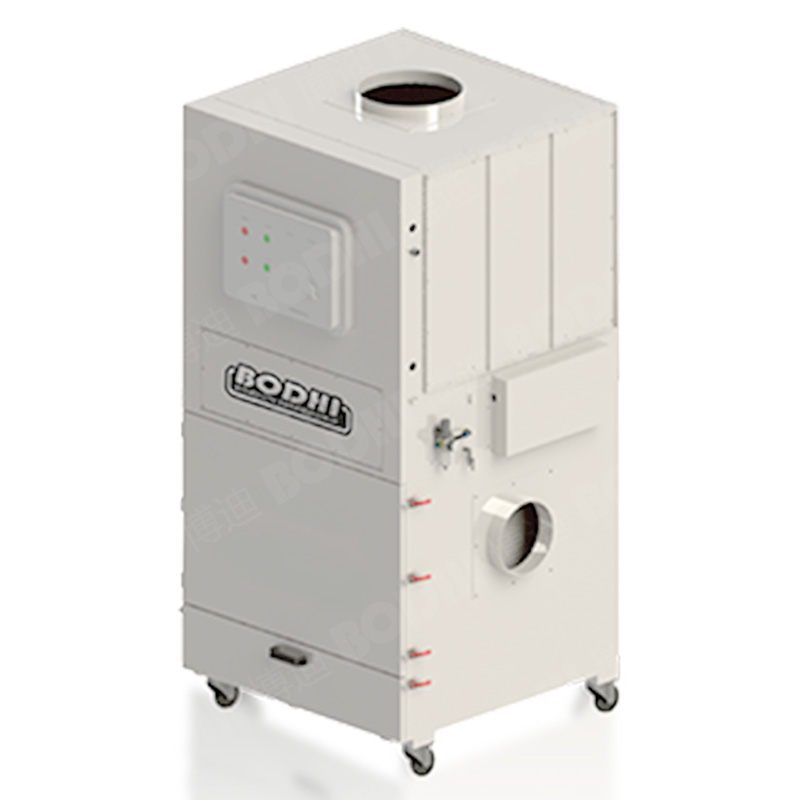In the dynamic world of entrepreneurship, small businesses play a pivotal role in driving economic growth and fostering innovation. As of recent statistics, small businesses account for approximately 99.9% of all U.S. businesses, employing nearly half of the private workforce. This article delves into the various types of small businesses that dominate the landscape, exploring their unique characteristics, challenges, and contributions to the economy.
- Retail Businesses: The Heartbeat of Local Economies
Retail businesses are perhaps the most recognizable type of small business. They range from brick-and-mortar stores to e-commerce platforms, providing consumers with a wide array of products. According to the U.S. Small Business Administration (SBA), retail trade accounts for a significant portion of small business revenue.
Characteristics:
- Diverse Offerings: Retail businesses can specialize in clothing, electronics, groceries, or niche products, catering to specific consumer needs.
- Customer Engagement: Successful retailers often prioritize customer service and community engagement, building loyal customer bases through personalized experiences.
Challenges:
- Competition: The retail sector is highly competitive, with both local and online giants vying for market share.
- Inventory Management: Effective inventory management is crucial to minimize costs and meet consumer demand.
- Service-Based Businesses: Meeting Diverse Needs
Service-based businesses encompass a wide range of industries, including healthcare, education, consulting, and personal services. These businesses focus on providing expertise, skills, or labor rather than tangible products.
Characteristics:
- Customization: Service providers often tailor their offerings to meet individual client needs, fostering strong relationships and repeat business.
- Low Overhead: Many service-based businesses can operate with minimal overhead costs, particularly those that leverage technology for remote service delivery.
Challenges:
- Skill Dependency: The success of service businesses often hinges on the expertise of their workforce, making talent acquisition and retention critical.
- Market Saturation: As barriers to entry are lower, many service sectors experience saturation, necessitating differentiation strategies.
- Food and Beverage Establishments: A Flavorful Niche
The food and beverage industry is a vibrant segment of small businesses, ranging from cafes and food trucks to fine dining restaurants. This sector not only satisfies consumer cravings but also creates community hubs.
Characteristics:
- Culinary Creativity: Many small food businesses thrive on unique recipes, local sourcing, and innovative dining experiences.
- Community Engagement: Local eateries often become integral parts of their communities, hosting events and supporting local causes.
Challenges:
- Regulatory Compliance: Food businesses must navigate stringent health and safety regulations, which can be daunting for new entrepreneurs.
- Market Trends: Staying ahead of culinary trends and consumer preferences is essential for sustained success.
- Technology Startups: Innovating the Future
In recent years, technology startups have emerged as a prominent type of small business, driven by innovation and the digital transformation of various industries. These businesses often focus on software development, app creation, and tech consulting.
Characteristics:
- Scalability: Many tech startups have the potential for rapid growth and scalability, often seeking venture capital to fuel expansion.
- Agility: The fast-paced nature of technology requires startups to be agile, adapting quickly to market changes and consumer feedback.
Challenges:
- Funding: Securing funding can be a significant hurdle, as many startups rely on external investors to grow.
- Talent Acquisition: The demand for skilled tech professionals often outstrips supply, making recruitment a competitive challenge.
- Home-Based Businesses: The Rise of Remote Entrepreneurship
The rise of remote work has given birth to a new wave of home-based businesses. These ventures can range from freelance writing and graphic design to e-commerce and consulting services.
Characteristics:
- Flexibility: Home-based businesses offer entrepreneurs the flexibility to balance work and personal life, often leading to increased job satisfaction.
- Low Startup Costs: Many home-based businesses require minimal investment, making them accessible to a broader range of individuals.
Challenges:
- Isolation: Working from home can lead to feelings of isolation, making networking and community engagement essential for growth.
- Work-Life Balance: Entrepreneurs must establish boundaries to prevent work from encroaching on personal time.
Conclusion: The Diverse Tapestry of Small Businesses
The landscape of small businesses is as diverse as the entrepreneurs who drive them. From retail and service-based enterprises to food establishments and tech startups, each type of small business contributes uniquely to the economy. Understanding the characteristics and challenges of these businesses can empower aspiring entrepreneurs to navigate their journeys more effectively.





